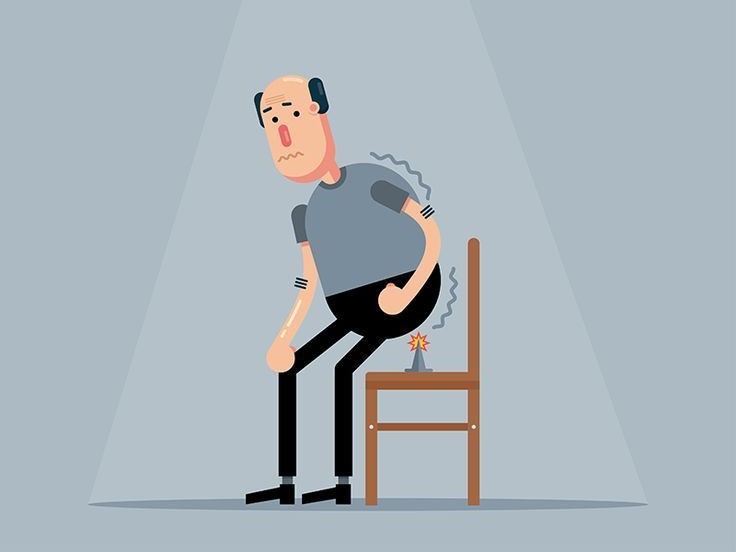Piles
What Are Piles?
Piles, medically known as hemorrhoids, are swollen veins located in the lower rectum or anus. They can occur either internally, within the rectum, or externally, under the skin surrounding the anus. These swollen veins can lead to discomfort, pain, and sometimes bleeding. While piles are quite common and usually not serious, they can be distressing and disrupt daily activities. The good news is that piles can be effectively managed or even prevented with appropriate lifestyle changes and medical or Ayurveda interventions.

Symptoms of Piles
Itching or Irritation Around the Anus: This is often due to mucus discharge from internal hemorrhoids.
Pain or Discomfort: Especially during or after bowel movements, caused by swelling or inflammation.
Swelling or Lumps: Particularly near the anus, which can be felt or seen in external hemorrhoids.
Bleeding: Bright red blood may be visible on toilet tissue, in the toilet bowl, or on the stool.
Mucus Discharge: Internal piles may produce mucus, leading to further irritation and itching.
Treatment Options
Home Remedies: Warm sitz baths (soaking the anal area in warm water), over-the-counter creams, or ice packs can help reduce swelling and discomfort.
Dietary Changes: Increasing fiber intake through fruits, vegetables, and whole grains helps soften stools and reduce straining. Staying hydrated also plays a critical role.
Medications: Pain relievers, anti-inflammatory creams, or prescription ointments may be recommended to reduce pain and inflammation.
Medical Procedures: In severe cases, procedures like rubber band ligation, sclerotherapy, infrared coagulation, or hemorrhoidectomy (surgical removal) might be necessary.
Smart Habits to Prevent Piles Naturally
High-Fiber Diet: Consuming a fiber-rich diet helps promote regular bowel movements and reduces the risk of constipation.
Stay Hydrated: Drinking plenty of water throughout the day keeps stools soft and easy to pass.
Avoid Straining: Never delay a bowel movement, and avoid sitting on the toilet for extended periods.
Exercise Regularly: Regular physical activity helps stimulate digestion and maintain a healthy weight, reducing pressure on veins.
Avoid Prolonged Sitting: Especially on hard surfaces or the toilet, as it can increase anal pressure.
Proper Bathroom Habits: Establishing a regular bowel routine and avoiding long periods of sitting can significantly reduce risk.
Healthy Weight Management: Maintaining a healthy body weight reduces pressure on abdominal and pelvic veins.

